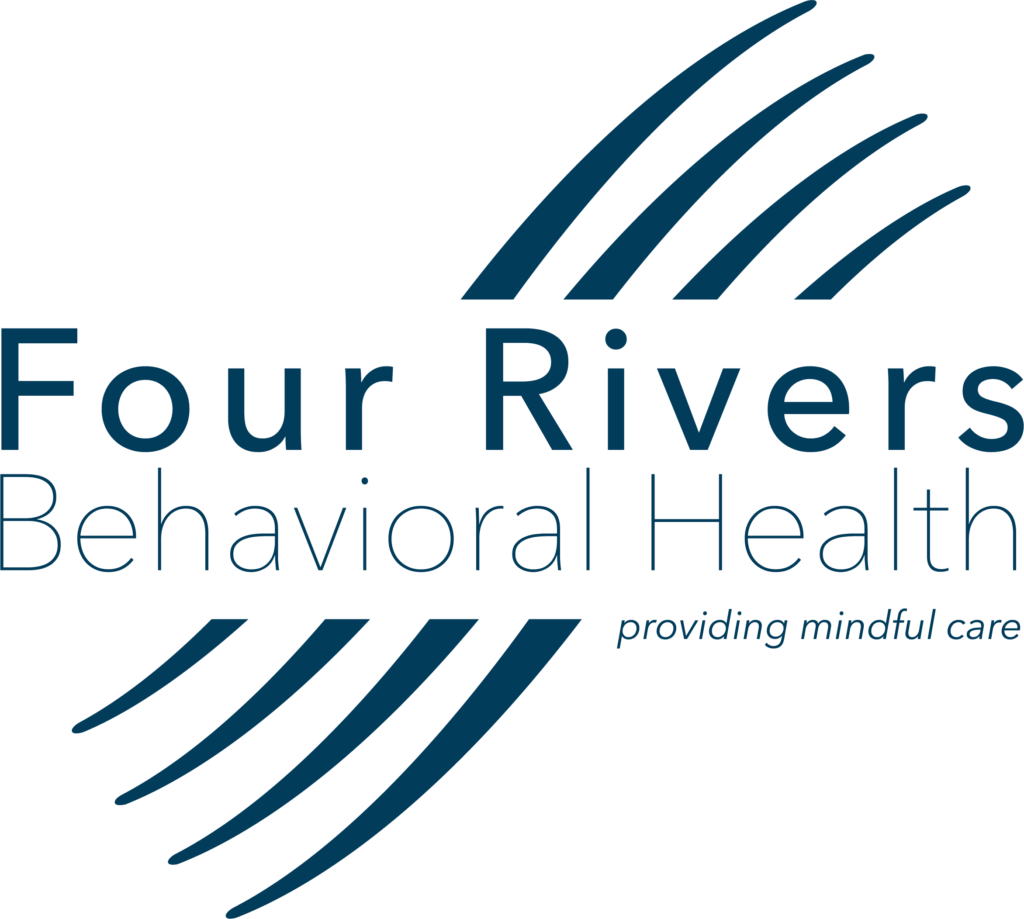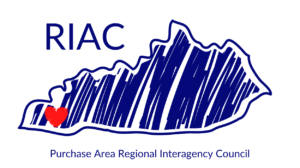Our History
As early as 1962-63, surveys were made throughout the region by the local mental health associations, in an effort to assess the need for mental health services.
Out of that survey and supporting data from other agencies, it was determined that outside resources would have to be secured in order to provide the limited services based on available resources at hand, and took a step forward in 1965 by beginning the formation of the Regional concept and consolidating the efforts of all counties in the Purchase Region. By January 1966, the local mental health association, in consultation with the Kentucky Department of Mental Health, had formed a regional board whose responsibilities in the following months would be to develop operational procedures, policies, establish project objectives and goals, expand mental health services staffing, community education, and to secure the funds required to support the above.
The first Regional Board meeting was held January 27, 1966, and thus the process of planning, developing, and implementing a regional Mental Health Program was fully underway.
In August, 1966, the first staff was employed and the Board instructed him in the October 6, 1966, meeting to submit upon their approval a staffing grant for the region. In January 1967, verbal approval was received from the Department of Mental Health and a final draft of the grant was presented to federal authorities on January 20, 1967. It received final review on the 14th of February, 1967, Chairman Ben Humphreys received a telegram from Congressman Frank A. Stubblefield informing him that the staffing grant had received official federal approval to become effective July 1, 1967. The grant was approved for a five year period with the amount decreasing each year. This was the first time federal, state, and local funds were combined to deliver Mental Health Services in the region.
1963
President John F. Kennedy delivered a message proposing a “bold new approach” to dealing with the problems of mental illness and mental retardation. Congress responded with the passage of the Mental Retardation Facilities and Community Mental Health Center Construction Act, which was signed into law on October 31, 1963 (P.L. 88-164).The law authorized federal grants for construction of public or nonprofit community mental health centers. Monies were allotted to states on a percentage basis of population, extent of need and financial need.Required services included the following components: Inpatient Care, Outpatient Care, Partial Hospitalization, Emergency Care, and Consultation/Education.
1965
The Community Mental Health Centers (CMHC) Act Amendments of 1965, (P.L. 91-211), construction and staffing grants to centers were extended and facilities that served those with alcohol and substance abuse disorders were made eligible to receive these grants. Grants were provided to support the initiation and development of mental health services in poverty-stricken areas. A new program of grants was established to support further development of children’s services.
1966
The first Western Kentucky Regional Mental Health/Mental Retardation Advisory Board, Inc. meeting was held with Ben Humphreys serving as Chair.Consumers in McCracken, Marshall, Graves, Calloway, and Fulton counties soon began receiving services under the direction of Marlow Harston, MD.
Livingston, Ballard, Carlisle, and Hickman counties began receiving limited services.
1973
The Paducah Mental Health Center moves from the Guthrie Building to Lourdes.
1975
The CMHC Act Amendments of 1975 (P.L. 94-63) mandated a more detailed community mental health center definition emphasizing comprehensiveness and accessibility to all persons regardless of ability to pay, through the creation of a community governing board and quality assurance.Required core services expanded from the 1963 levels from 5 to 12, which included the following: Children Services, Elderly Services, Screening Services, Follow-up Care, Transitional Services, Alcohol Abuse Services, Drug Abuse Services.
1980
The Mental Health Systems Act, (P.L. 96-398), restructured the federal community mental health center program by strengthening the linkages between the federal, state, and local governments.Per the Mental Health Systems Act, a litany of grant programs were mandated for the CMHCs to assist the centers in expanding services to meet an array of priority populations including grantsfor the severely mentally ill (SMI) and severely emotionally disturbed (SED) populations, expansion of education and consultation services and increased involvement of the consumer in service and treatment.
Don Fox is hired as the fourth Executive Director.
1981
The Mental Health Systems Act was repealed. In its place, the Alcohol, Drug Abuse and Mental Health (ADMS) Block Grant was enacted as part of the Omnibus Reconciliation Act of 1981, (P.L. 97-35), which was signed into law on August 13, 1981.This consolidated the alcohol, drug abuse, and mental health programs into a single block grant. States were given wide discretion in implementing and administering this block grant.
1982
The ADMS block grant, the most prominent block grant that applied to CMHCs at the time, decreased federal funding levels by 30 percent.This resulted in dramatic service reductions, and in some cases, elimination of programs within different CMHCs.
1983
MRDD Services were expanded to include Creative Enterprises and Respite Care begins to be provided to families of MR consumers in Western Kentucky.
1987
Congress amended Medicare by increasing outpatient mental health benefits for the first time since the program’s enactment in 1965
1991
Four Rivers Behavioral Health creates programs for SMI Adults and SED Children
1993
Creative Enterprises, the MRDD Office, the Regional Prevention Center and the SED Program began moving into the Hipp Building
1995
The Fuller Center Opens
2002
An in-depth study on co-occurring disorders, mandated under the Children’s Health Act of 2000, was delivered to Congress.President Bush increased funding for Community Health Centers that provided appropriations for the construction of additional centers and offered more services, including behavioral healthcare benefits.
2004
FRBH Corporate Office, Center for Adult Services, and Medical Services move into the newly renovated Broadway location.
2006
The Center for Specialized Children’s Services, Regional Prevention Center, Mental Retardation/Developmental Disability Services, and Creative Enterprises move to new offices at 425 Broadway.
2010
CenterPoint Opens





